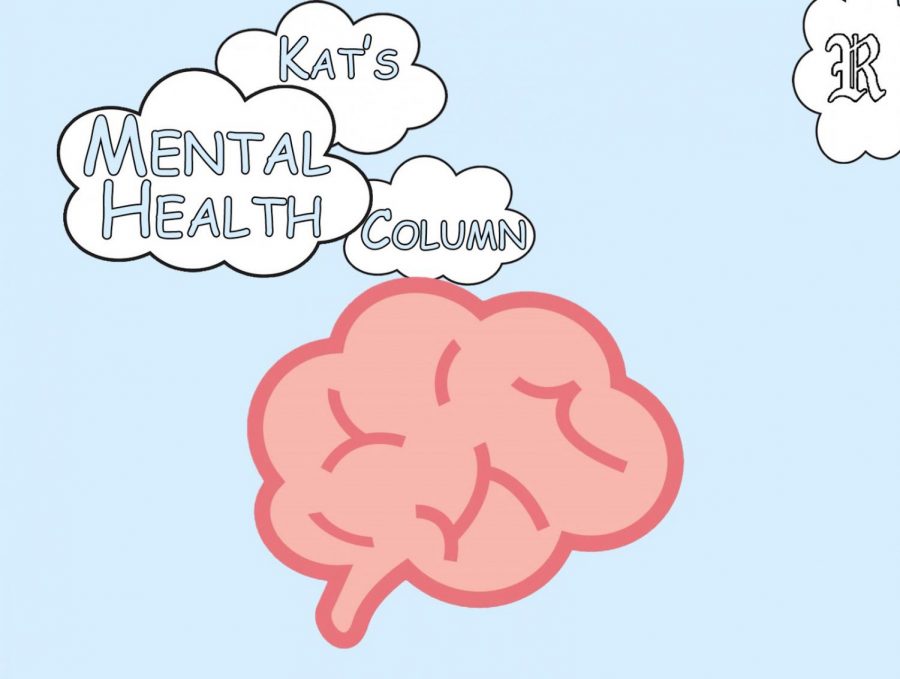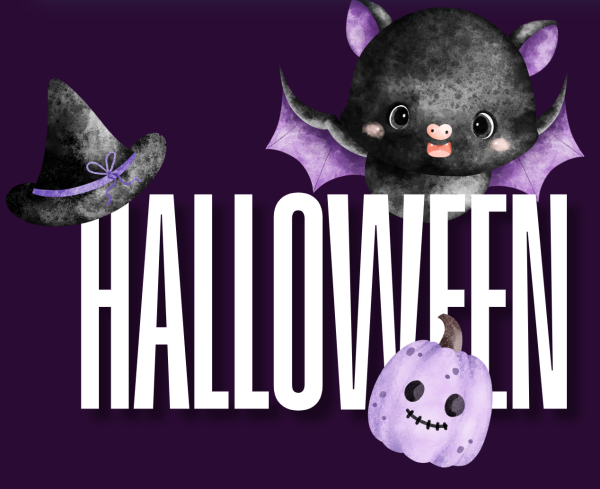“Survivor” Takes into Account Competitors’ Mental Health
Kat’s Mental Health Column is a bi-weekly column that explores different aspects of mental health. (Courtesy of Cory Bork for The Fordham Ram)
The newest season of “Survivor,” which premiered last Wednesday, Sept. 22, after a hiatus due to the pandemic. Though fans were beyond excited, myself included, I fear I have no choice but to highlight the poor effects of the competition on the contestants’ mental health.
For those unfamiliar with the show, “Survivor” is set up as a competition in which contestants are divided into tribes that complete various challenges in hopes of getting some sort of reward. Additionally, they can win immunity — meaning no member of the winning tribe can be voted off that week. They are deprived of their most basic needs and left out in the middle of an island to fend for themselves, getting voted off one at a time. At some point in the season the tribes are merged, and by the end it is an individual game.
Though this is already challenging, there’s one more catch that really ups the level of deceit among the contestants. As the losing team returns to their camp more exhausted than they already were, they must decide who they want to send home that week. This is no easy task, as secret alliances form in hushed conversations where no one but the camera man is watching. And, as has happened numerous times, everyone thinks they are on the same page and have the majority needed to vote somebody off. In reality, they are being lied to and end up going home themselves. To add even more of a twist, there are hidden immunity idols on the island which contestants may play to save themselves, thus sending home the second most-voted-for individual.
It’s not too hard to imagine the negative effect that this has on the contestants. After being isolated from their social support systems and shipped off to a deserted island, they meet a brand new group of people whom they must depend on in order to survive. Yet at the same time, they know they must betray them or be betrayed. Never knowing who to trust, but being forced to do so anyway, would be challenging even without considering the fact that they are on a remote island.
On earlier seasons of the show, the reward for the winning tribes was opening letters from their families back home. But more frequently, the rewards were actually seeing their families and being allowed to spend the day with them. This opportunity is often snatched away when tribes lose, and the emotion on the contestants’ faces when this happens is heartbreaking.
The onslaught doesn’t stop when the show is over. As previous contestant Debb Eaton explained during the reunion episode following her season, she was relentlessly mocked by those she worked with every day. She also explained that the media dug up her past for headlines, leaving her once-private life in shambles. Other contestants faced backlash from fans, such as Katie Gold, who was bullied by viewers who did not like her character. Gold even had to attend therapy for years to beat her depression.
Still, it’s important to point out that the show isn’t some evil creation aiming to destroy its contestants. In fact, in a rather progressive move considering how long ago it started, the show does provide mental health resources to its contestants. Before being cast on the show, contestants meet with a mental health provider, who must essentially give them the “all-clear” to participate. They must also meet with this person after they get voted off. In 2002, CBS published an article where they revealed that there is a psychologist present to debrief with the contestants after each tribal council. Contestants are also made aware of the “severe mental stress” they will be subject to in their contracts. Of course, this is not a perfect system, and the pitfalls of reality TV are ever present, but it is reassuring to know that the producers of the show have the mental health of their contestants in mind.
“Survivor,” like many reality TV shows, subjects its contestants to mental health risks; but unlike other shows, it seems to provide at least some protection. All in all, it’s certainly not the worst we’ve seen, and it does seem like they’re looking out for the participants.










































































































































































































